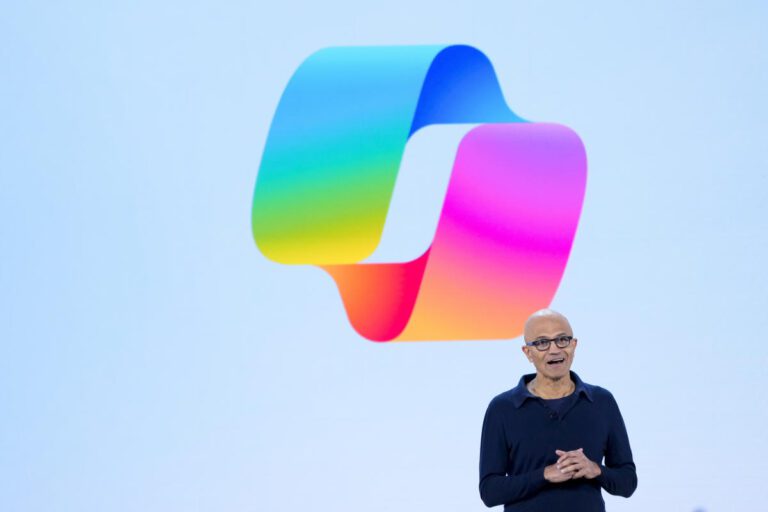Microsoft (MSFT) continues to find ways to monetize its massive investments in artificial intelligence with a growing range of software offerings for businesses and consumers. The company’s latest effort is what it calls autonomous agents and comes as Wall Street prepares to scrutinize tech companies’ AI spending and growth.
At its AI Tour event in London on Monday, which included speeches from CEO Satya Nadella and Copilot at Work CMO Jared Spataro, Microsoft announced that the new software would be available for public preview next month.
Essentially personalized AI applications that can handle specific tasks for company employees, autonomous agents are intended to free up employees’ time to handle other projects. Microsoft pointed to companies like McKinsey & Company and U.K.-based Pets at Home that have brought in their own agents to reduce tedious work, including data entry and processing client proposals.
Users can create their own autonomous agents in Copilot Studio using what Microsoft calls low-code or no-code instructions. Basically, you give the autonomous agent a goal, like sorting incoming email service requests.
From there, you tell the agent, in natural language and without coding, what to do with the email, what type of information they need to extract from the message, and what to do if data is missing or unavailable. You can then attach different files and documents explaining how to manage customer data and then configure the agent to work.
Microsoft has also included the ability for workers to step in and check the agent’s work to ensure its accuracy, as well as handle any potential hallucinations or errors introduced by the AI itself.
Microsoft’s autonomous agents are part of a broader effort to leverage and monetize its investments in AI, including its association with ChatGPT creator OpenAI.
In its latest quarterly reportAmy Hood, Microsoft’s chief financial officer, said the company spent $19 billion on capital expenditures, including leasing, the majority of which came from AI and cloud-related needs. In total, Microsoft spent $55.7 billion on capital expenditures in its 2024 fiscal year. That’s up from $31.9 billion in 2023 and $29.2 billion in 2022.
The company says 2.1 million users currently interact with Copilot through its Microsoft business apps each month, a number the tech giant wants to increase. The company is banking heavily on its AI-powered Copilot platform to drive revenue from businesses looking to leverage the software to improve overall worker efficiency.
In the fourth quarter, Microsoft said its cloud services, which include its AI platform, brought in $36.8 billion of the company’s $64.7 billion in total revenue, or an increase of 21% over one year.
But Microsoft is far from the only enterprise software vendor looking to cash in on the AI boom. Google (GOOG, GOOGLE) and Salesforce (RCMP) are racing to reclaim their share of the AI pie, with Google continuing to build more features into its Gemini platform for Google Workspace and Salesforce rolling out its own AI offerings and Einstein Copilot.
With earnings season in full swing and AI a priority on Wall Street, companies like Microsoft and its rivals will need to show they continue to recruit more customers for their AI services or risk backlash negative from investors.
Email Daniel Howley at dhowley@yahoofinance.com. Follow him on Twitter at @DanielHowley.
Read the latest financial and business news from Yahoo Finance.

